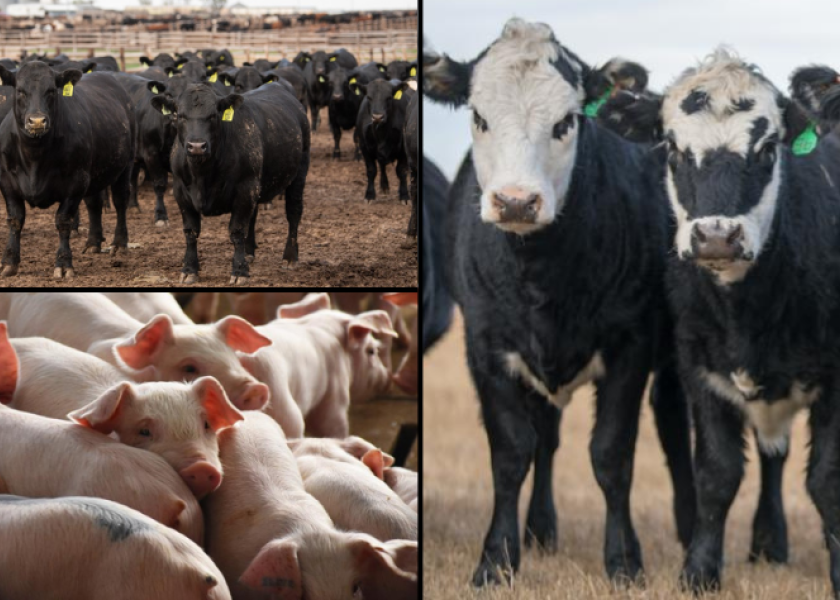House Passes Bill to Preserve Veterinary Use of Xylazine

The House of Representatives passed the Support for Patients and Communities Reauthorization Act on Tuesday. The Act, in part, fights the illicit use of xylazine in humans while preserving access to the drug for use in animals.
“For beef packers, xylazine is used to quickly and humanely sedate sick or injured cattle in a manner that can safely and effectively be administered by workers. Xylazine has both animal welfare and worker safety benefits at beef plants, and there are no equally safe and effective alternatives,” said Meat Institute President and CEO Julie Anna Potts.
Xylazine is used to a lesser degree in pigs than in beef. "But it is an issue for vets in general as DEA schedule drugs are a huge hassle and really limit access. It is one more limit on what we can do," Jim Lowe, DVM, associate dean of Online Programs and Extension at the University of Illinois College of Veterinary Medicine told Farm Journal's Pork earlier this month.
At issue is the concern that xylazine, a drug approved by the U.S. Food and Drug Administration for use in animals, is being imported illegally in powder form and added to fentanyl. Xylazine is not approved for human use.
The Combating Illicit Xylazine Act was included in the Support for Patients and Communities Reauthorization Act, H.R. 4531, approved by the House with a vote of 386-37.
“We appreciate the hard work of Congressmen Jimmy Panetta (D-CA) and August Pfluger (R-TX) and the Energy and Commerce Committee for including the xylazine measures in the bill passed by the House with strong bipartisan support," said Potts. "We now call for swift Senate consideration.”
The bill will ensure the Drug Enforcement Agency (DEA) has the power to stop the illegal flow of xylazine to humans, while allowing its continued access for veterinary purposes.
Xylazine Bill Protects Veterinary Access to the Sedative







